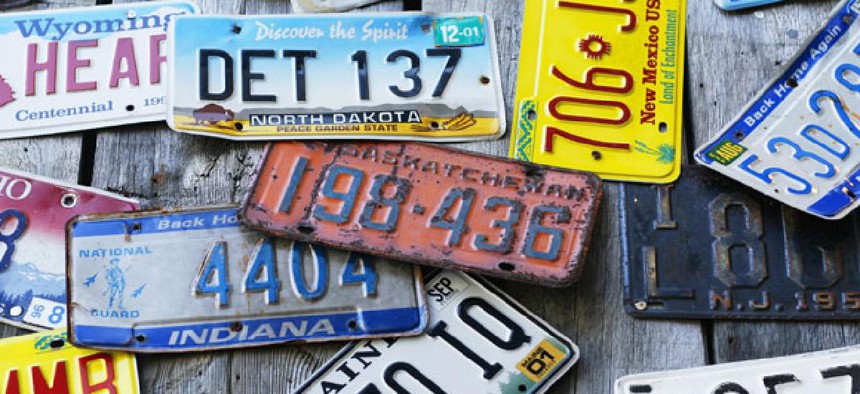How Much Do Automated License Plate Readers Know About You?

Image via Joy Brown/Shutterstock
System lets law enforcement create a robust picture of your life and what you do.
The information on your license plate is public data in the most literal sense. As you drive down the road, anyone can look at it, photograph it, jot it down. You have a right to try to keep plenty of other personal numbers close to the vest – your driver's license, Social Security or cell phone digits, for starters – but this one goes on display, by design.
So what's the problem with police cameras that photograph license plates in transit all around town? Civil liberties advocates have begun to raise the question as automated license plate readers have become a standard tool of law enforcement in cities across the country. Police now rely on these sophisticated cameras mounted from squad cars or static poles to identify scofflaws or stolen cars. But in the process, plenty of other cars are photographed too, in some cases many times. And when you put all that data together, it draws a picture of personal mobility that may reveal even more about you than a surveillance camera at a single intersection can see.
"Five years ago, this was very new technology in the U.S. that only the largest departments had even started to adopt," says Peter Bibring, a senior staff attorney with the ACLU. "Today, it’s everywhere. Even very small departments."
Image via Joy Brown/Shutterstock





